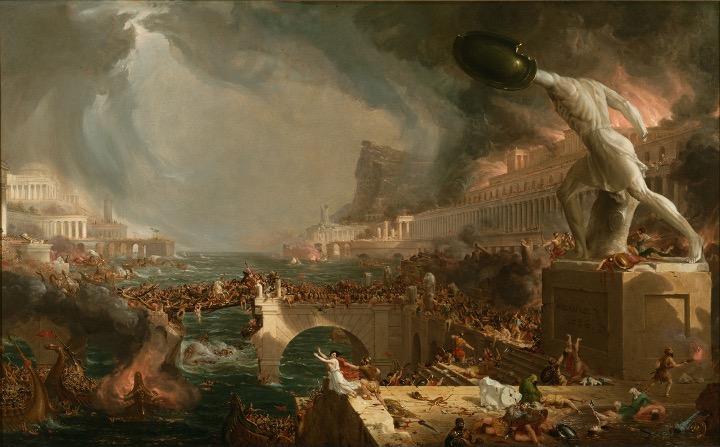
Among the challenges facing humanity today is the sustainability of our coupled ecological and social systems. With its insights into tens of thousands of years of human activities in all parts of the globe, archaeology can provide unique and invaluable insights (instead of “understandings”) into the sustainability of human societies. The archaeological record encodes hundreds of situations in which societies could develop long-term sustainable relationships with their environments and thousands of situations in which those relationships were short-lived and mutually destructive. This course discusses the challenges of sustainability and collapse from an archaeological perspective. Following the discussion of fundamental concepts, issues, and perspectives on resilience, vulnerability, adaptation, collapse, and reorganization, an array of alternative conceptual models and analytic approaches will be introduced to investigate coupled social and ecological systems in the past. We will examine selected cases of collapse and resilience among diverse ancient societies from the American Southwest, Mesoamerica, the Mediterranean, Angkor, and Easter Island, assessing the interacting societal and environmental factors that transformed societies during periods of radical change, often termed “collapse.” The discussions will emphasize the multi-causality of prehistoric and historical collapses, the diversity of human responses to environmental and societal crises, and the regeneration of complex societies after periods of decentralization and collapse.
- 教师: Zhichun JING